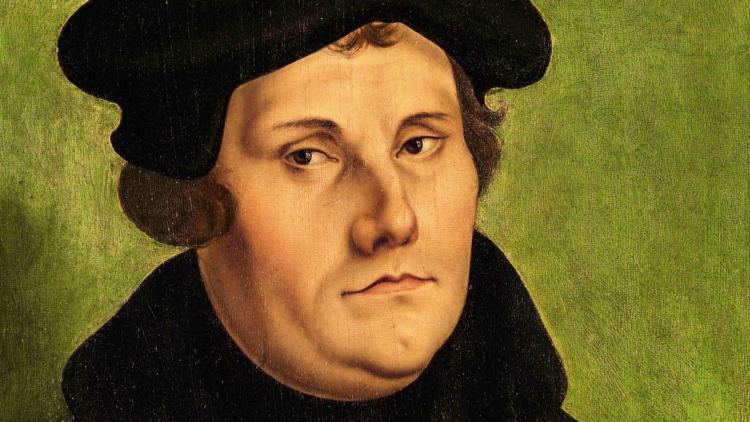Alternate Possibilities

Martin Luther: 'I can do no other'. Daniel Dennett: 'You are still free, bitch!'* (*Not a direct quote.)
Iome philosophers do not believe that free will is compatible with determinism. They say, if the thesis of determinism is true, all events, including our decisions, are fully determined by past events and we each only ever face one possibility. Free will, then, is just an illusory product of human consciousness and you’re not in control: the Universe is.
Other philosophers deny this claim and support the intuition that we are free. They say a variety of things.
Daniel Dennett argues that alternate possibilities aren’t required by the concept of free will.
That seems wild: I can’t control the outcome but I’m free?! That’s against the Principle of Alternate Possibilities (PAP).
Agreeing with Harry Frankfurt, Dennett writes: ‘I could not have done otherwise—so what’. Mental states such as intentions give us everything we want in moral responsibility. We have character and form our own beliefs, don’t we?
Dennett uses many examples. But consider this one, a famous statement purportedly declared by Martin Luther (b. 1483; pictured):
Accused of heresy by the Catholic Church, Luther claimed it was impossible for him to recant. He called to be judged in the eyes of God, to whom his word was captive (i.e. he felt like he had no choice). Still, Dennett holds him to account. While the causal chains of events that occurred prior to Luther’s declaration were determined for him (e.g. in his mental process), we can judge Luther because the result mattered to him.
Many philosophers disagree, of course. Helen Steward argues that the concept of free will depends on genuinely open futures (i.e. alternate possibilities); thus Luther wasn’t free if God indeed compelled him. Robert Kane, meanwhile, identifies Luther as free but only because he is the ultimate source of reasons he provides for multiple potential outcomes.
What do you think?
